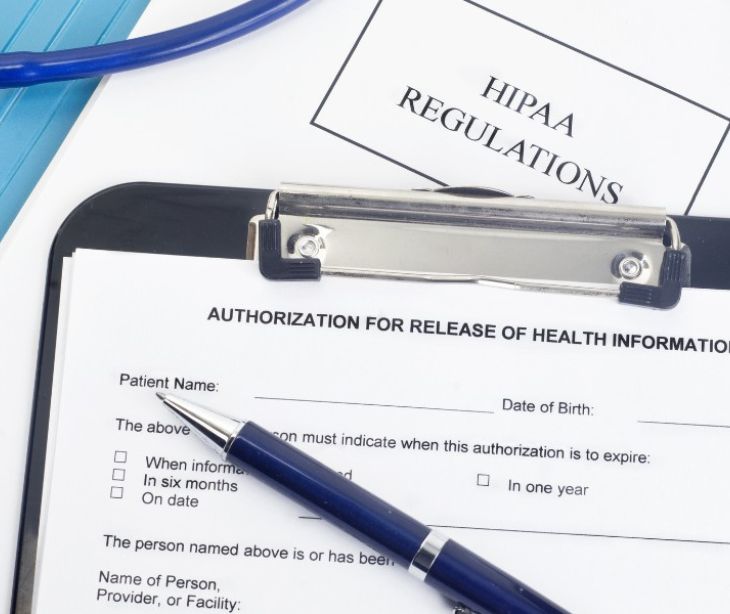
To comply with HIPAA regulations, we have to check if WordPress plugins are bound by HIPAA rules and ensure they handle protected health information in an appropriate manner.
WordPress and its relevance to HIPAA compliance
WordPress is widely used in the healthcare industry to build websites, manage patient portals, and handle protected health information (PHI). However, the core WordPress platform itself does not automatically guarantee HIPAA compliance. Additional measures must be taken to ensure the security of PHI, including the use of compliant plugins.
Do WordPress plugins need to be HIPAA compliant?
The answer is both yes and no. WordPress plugins themselves are not obligated to be HIPAA compliant. However, if your WordPress setup involves handling PHI, you are responsible for implementing appropriate security measures to comply with HIPAA regulations. This includes ensuring the entire WordPress ecosystem, including plugins, aligns with the necessary privacy and security requirements.
Challenges in achieving HIPAA compliance with WordPress plugins
Using WordPress plugins introduces potential security risks and vulnerabilities. Plugins may not inherently possess the necessary security features to protect PHI, so carefully assess their suitability for HIPAA compliance. The challenge lies in identifying and selecting plugins that meet the required standards without compromising the functionality and user experience of the website.
Essential considerations for HIPAA compliant WordPress plugins
To ensure HIPAA compliance, plugins should incorporate specific features and functionalities. These include:
- Robust access controls
- Encryption methods
- Audit logging capabilities
- Secure storage mechanisms
- Regular risk assessments.
These measures collectively safeguard PHI and prevent unauthorized access or data breaches.
Related: HIPAA compliant WordPress hosting: a comprehensive guide
HIPAA compliant WordPress plugins
While not all plugins in the WordPress repository are designed with HIPAA compliance in mind, options are available. Some plugins are specifically developed to meet HIPAA requirements. Others can be customized or configured to align with the necessary security measures. Take the time to do research and consult with experts to identify suitable plugins for your healthcare website. Additionally, consider contacting plugin developers and inquiring about their compliance capabilities.
Implementing HIPAA compliant WordPress plugins requires a meticulous approach. Thoroughly review their security features, and ensure they align with your specific compliance needs. Collaborate with developers with healthcare and security experience, and consider engaging security professionals to perform audits and assessments. Customization and configuration should be conducted diligently to maintain compliance.
Get a business associate agreement
The bottom line is that any service, including a WordPress plugin, must be willing to enter into a business associate agreement (BAA) if their tool handles PHI. Without the BAA, using a plugin to handle PHI is a HIPAA violation.
While WordPress plugins do not need to be HIPAA compliant by default, the responsibility lies with the website owners and developers to ensure the security and privacy of PHI. By carefully selecting or customizing plugins, adhering to HIPAA guidelines, and implementing best practices, healthcare organizations can leverage WordPress as a secure and compliant platform for handling sensitive patient data.
Subscribe to Paubox Weekly
Every Friday we bring you the most important news from Paubox. Our aim is to make you smarter, faster.




